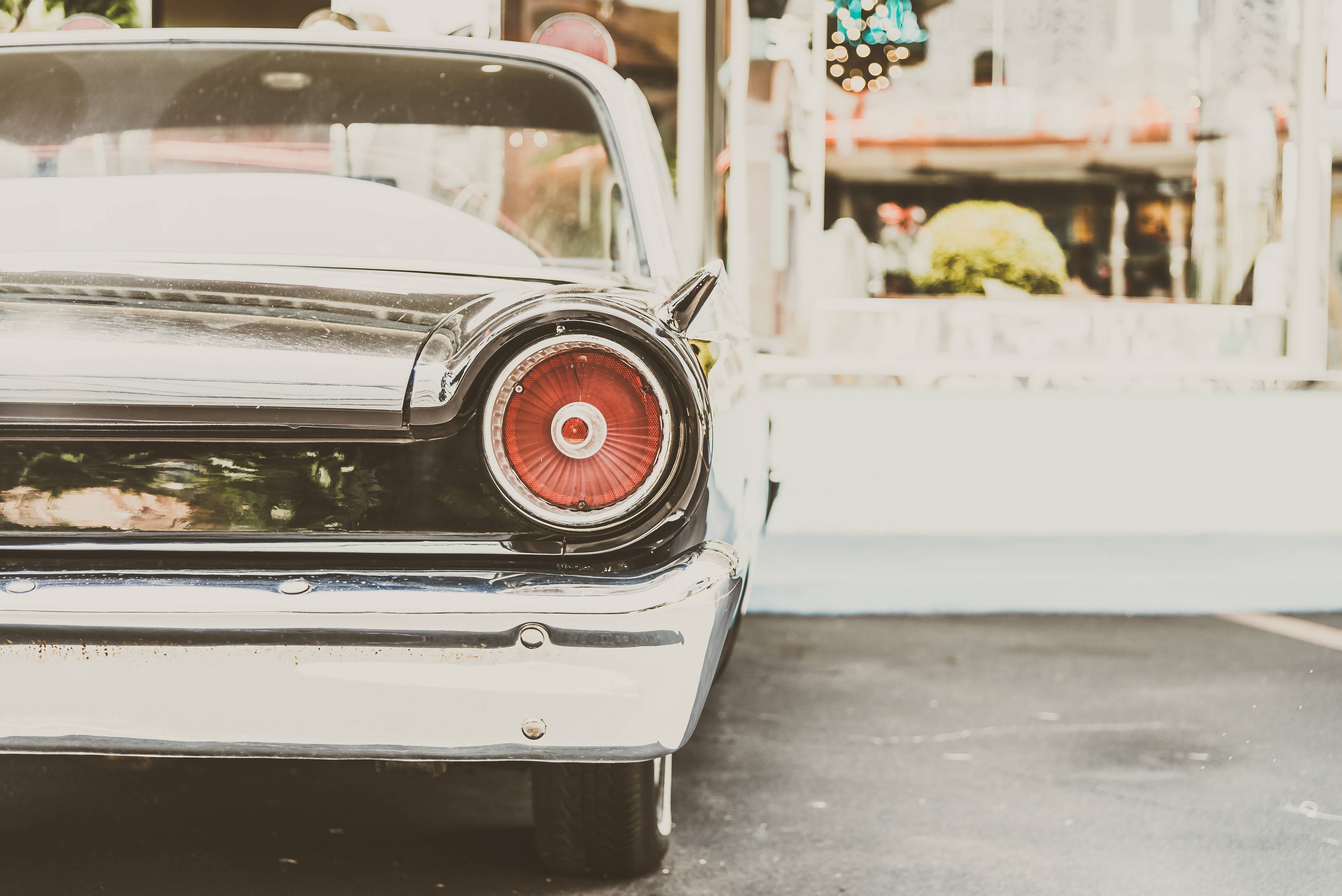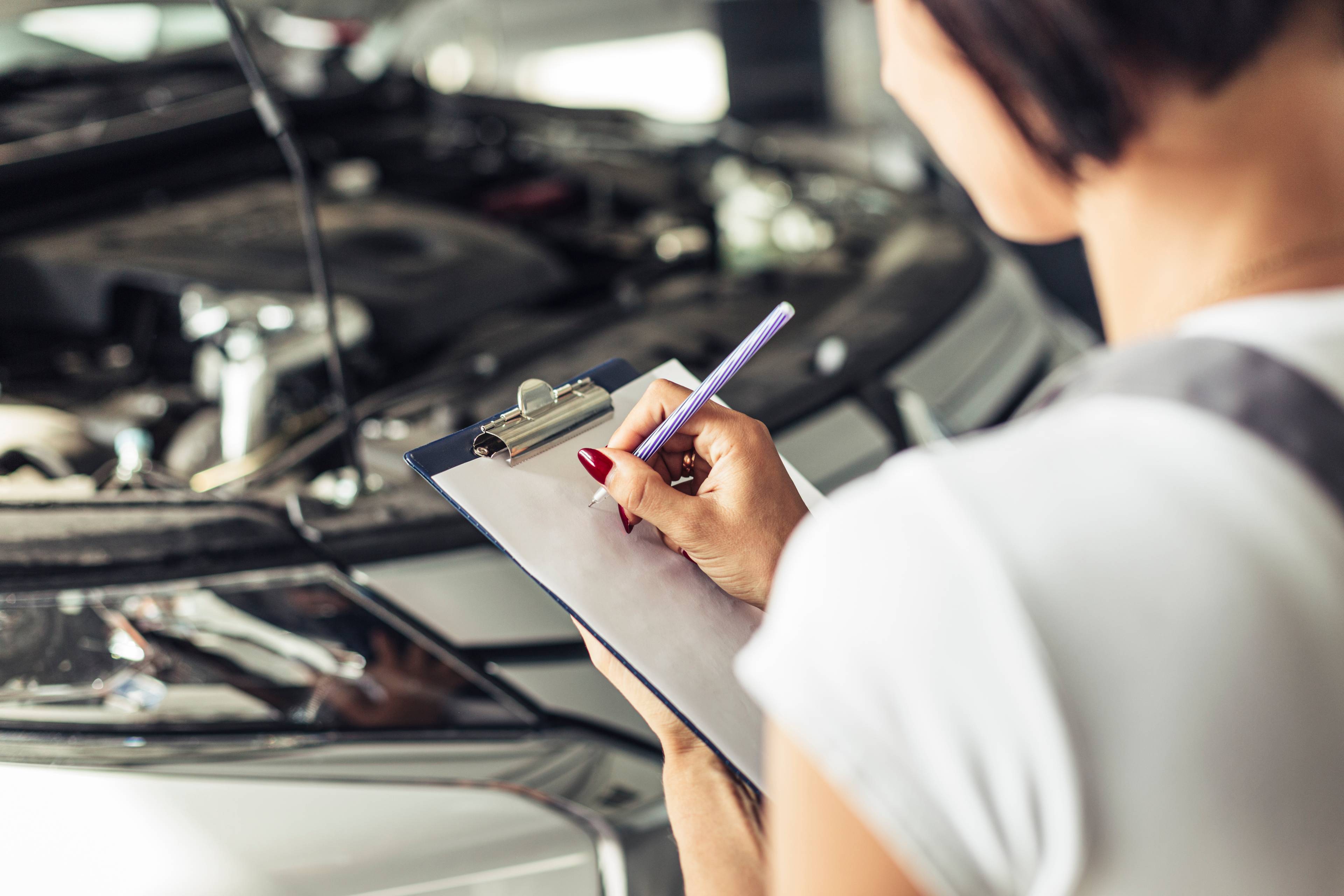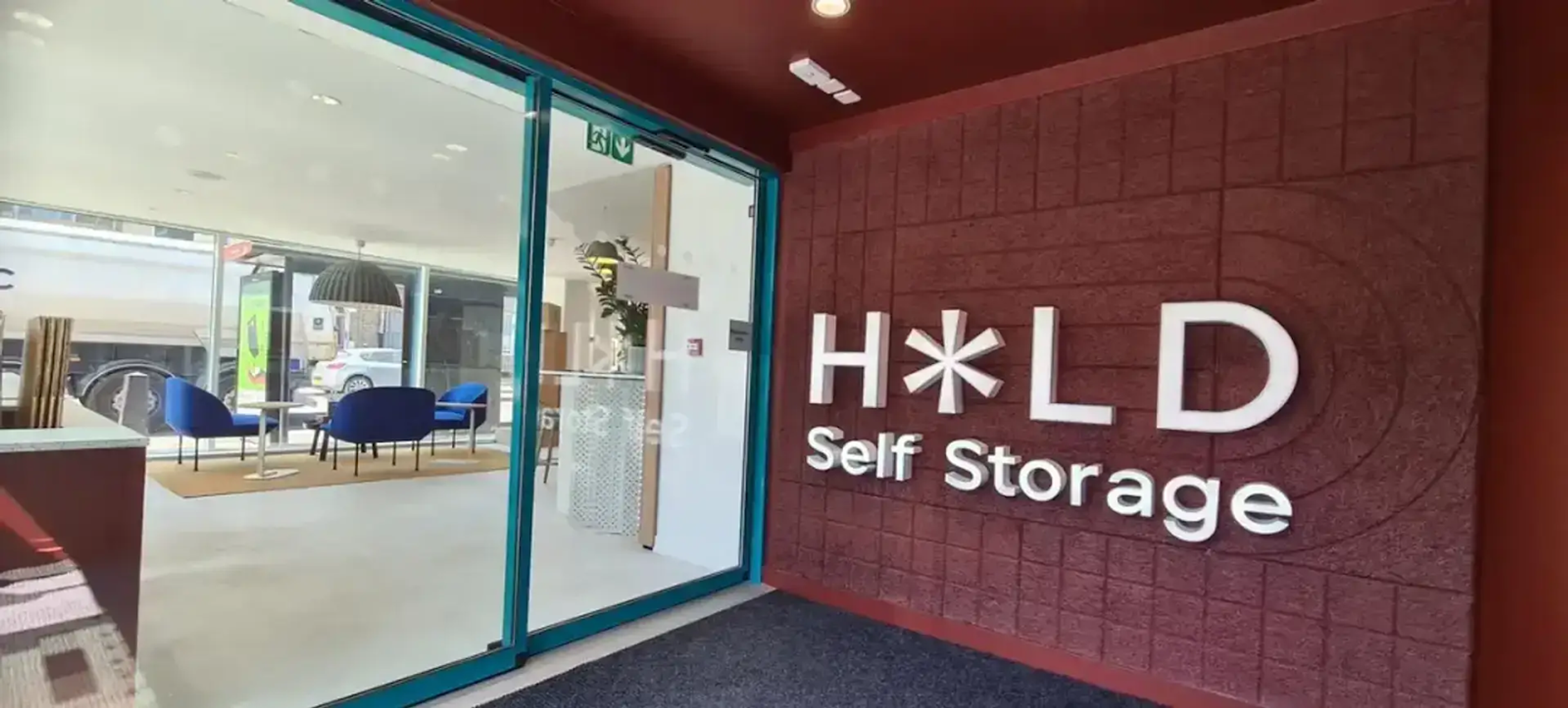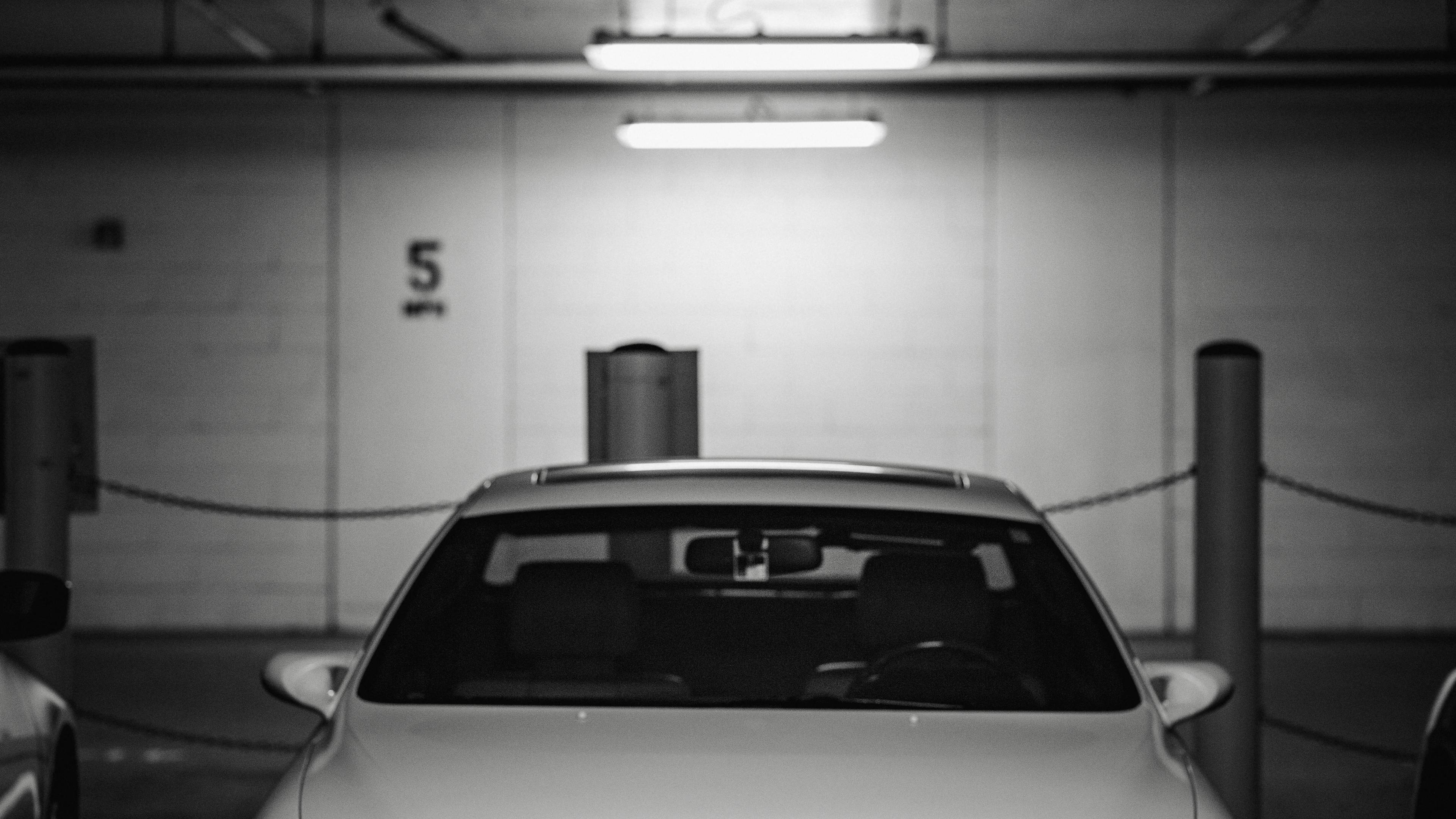Purchasing a storage unit at auction can be an exciting venture, but discovering a car inside brings a unique set of opportunities and challenges. Beyond the thrill of unearthing a potentially valuable find, there are legal, logistical, and practical considerations to navigate. The process involves understanding the rules of storage auctions, determining the car's legal status, and deciding the best course of action for its use or sale.
Understanding storage auctions

Storage auctions are public sales where units with unpaid rent are auctioned to recover the facility's costs. Buyers often bid on units without knowing the full inventory, as units are sold as-is, with the door closed during previews.
Storage units often house a wide range of items, from furniture and electronics to unexpected finds like vehicles or even holiday decorations. The diversity of contents is part of the excitement, as bidders never know exactly what treasures a storage unit may hold.
- Why auctions occur – Storage facilities auction units when tenants default on rent, usually after several months. The process ensures that the facility can recover some of its losses.
- What to expect during an auction – Participants typically place bids based on a brief glimpse of the unit's contents. While not all storage facilities guarantee surprises, the discovery of high-value items is always a possibility.
- Legal protections – Facility managers follow state regulations to ensure fairness and transparency. Auction participants should understand these rules to minimise risk.
Legal ownership of the car

Establishing legal ownership of the car inside a storage unit is a critical step after a successful auction bid. Unlike other items stored in a unit, vehicles are subject to stricter regulations. Ownership isn’t automatically transferred just because the car was in the unit you purchased. Instead, a legal process is often required to ensure the car is properly registered in your name.
- Why ownership matters – Without legal ownership, you cannot register, insure, or sell the car. This limitation could leave you with a vehicle that is essentially unusable. Legal ownership also protects you from future claims by the previous owner or financial institutions.
- Steps to verify the car’s status – Start by contacting the facility. Facility managers can often provide documentation or confirm the vehicle's lien status. It’s important to determine if the car has an outstanding loan, as the lender may retain rights to repossess it.
- Filing for a title transfer – If the vehicle does not have a lien, you can apply for a title transfer through your local Driver and Vehicle Licensing Agency (DVLA) or equivalent agency. This process might involve submitting proof of purchase, paying any outstanding fees, and meeting specific legal requirements to obtain a clear title.
- Dealing with liens – If a lien exists, the situation becomes more complex. Buyers may need to pay off the lien to acquire ownership, or the lienholder might reclaim the car. Always seek legal advice when liens are involved.
- Facility assistance – Some storage facilities may offer limited assistance, such as contacting the previous tenant or providing auction paperwork. While this support can be helpful, buyers are ultimately responsible for ensuring compliance with local laws.
What to do with the car

Once you’ve secured ownership, you must decide how to handle the vehicle. Your decision will depend on its condition, your personal needs, and its potential value. Each option presents distinct advantages and challenges.
Selling the car for profit – Selling a car found in a storage unit can be highly lucrative. Research its market value using online tools, and consider repairing any minor issues to increase its appeal. Listing it on platforms like Autotrader or Gumtree allows you to reach a wide audience. For rare or vintage models, contacting a specialised dealership or auction house may yield better returns.
Keeping the car for personal use – If the car is in good working condition and suits your needs, keeping it can be a cost-effective choice. However, ensure it is legally registered and insured before taking it on the road. Conduct basic maintenance checks, including fuel refills and battery replacements, before use.
Donating or scrapping the car – For vehicles that are beyond repair or hold minimal value, donating or scrapping is often the most practical solution. Charities that accept vehicles can provide a tax deduction, while local scrap services can recycle parts responsibly.
Repurposing non-working cars – Even cars that technically cannot be driven can serve other purposes. They might be used for educational projects, as art installations, or for parts if you’re mechanically inclined.
Factor in additional costs – Regardless of your choice, be prepared for costs such as towing, repairs, registration fees, and insurance. These expenses should be weighed against the car’s potential value or utility.
For car owners looking to make the most of their find, selling a car discovered in a storage unit can be highly lucrative. Research the car's market value and consider repairing minor issues to increase its appeal. Car owners who choose to keep the vehicle should ensure it is legally registered and insured before driving.
Practical Considerations

Handling a car stored in a self storage unit involves careful planning. These considerations help ensure a smooth transition from purchase to possession.
Inspect the vehicle thoroughly – Before moving the car, assess its condition to identify potential issues. Look for oil leaks, damage from harsh weather conditions, or accumulated dust. Document the car’s state with photographs in case disputes arise later.
Transporting the car – If the car isn’t roadworthy or the vehicle lacks proper registration, towing is often the safest option. Hiring a professional towing service ensures that the car is moved without causing damage. Some self storage facilities may offer assistance with transportation, so inquire with the facility manager.
Prepare for immediate maintenance needs – Cars left idle in storage often require attention. Common issues include drained batteries, dried-out seals, or contaminated fuel. Conduct basic repairs and maintenance to make the car operational.
Protect the vehicle during transition – Use a cover to shield the car and battery from environmental damage during transport or while parked in your garage. This protection prevents additional wear and tear.
Secure suitable storage – If you’re unable to move the car to your property immediately, consider renting a secure storage space equipped for vehicles. Ensure the storage site or company provides adequate security and protection from harsh weather conditions.
Benefits and risks of buying units with cars

Purchasing a storage unit containing a car can lead to exciting discoveries and financial opportunities, but it’s essential to weigh the benefits against the risks. This balance will help you make informed choices about whether to pursue such purchases in the future.
Benefits
High potential for profit – Vehicles are among the most valuable items found in storage auctions. A well-maintained or rare car can sell for significant sums, often exceeding the purchase price of the unit itself.
Access to unique finds – Storage units sometimes contain vintage or collector cars that are difficult to find elsewhere. Owning such a vehicle can be both financially rewarding and personally satisfying.
Experience the thrill of discovery – The unpredictability of storage auctions adds an element of excitement. Finding a car stored in a unit can make the experience particularly memorable.
Expand your network – Buying and selling cars through storage auctions introduces you to new contacts in the automotive and auction industries, which could lead to future opportunities.
Risks
Uncertainty about condition – Cars stored for long periods may have significant mechanical issues, including rust, oil leaks, or damaged seals. Without a proper inspection, buyers face the risk of unexpected repair costs.
Legal and financial complications – Securing legal ownership can be a time-consuming and costly process, particularly if liens or disputes over the car arise.
Storage-related expenses – Moving and storing the car after purchase may incur additional costs, such as towing fees or storage space rentals.
Resale challenges – Selling a car found in a storage unit can be difficult if it lacks proper documentation or is in poor condition. Buyers should factor in these challenges when assessing the potential return on investment.
Unexpected responsibilities – In rare cases, previous owners may contest the sale or demand full payment or the return of personal items left in the car. Buyers should be prepared to navigate these disputes amicably.
By considering these factors, you’ll better understand the opportunities and challenges associated with purchasing storage units containing cars. This knowledge ensures a more informed and enjoyable auction experience.
Conclusion
Buying a storage unit with a car inside is an adventure with both rewards and challenges. By understanding the auction process, legal requirements, and practical considerations, you can maximise the benefits while managing the risks. Whether you choose to sell the car, keep it, or dispose of it responsibly, being prepared will make the experience worthwhile.
HOLD is here to help you with all your storage needs!
HOLD offers some of the best storage facilities in London, providing flexible and convenient options for everyone—from business owners managing inventory to students needing a secure space for their belongings.
At HOLD Kings Cross, our next-generation facility is designed with first-class security and premium amenities to make your storage experience seamless. Whether you're transferring a unit to a family member, managing extra storage for business, or simply need a bit of extra space, we have the perfect solution tailored to your needs.

Contact us today for a free quote or to learn more about our self storage service!
Frequently asked questions
What should I do if I discover a car in my purchased storage unit?
Contact the facility manager to understand the next steps. They can provide guidance on verifying ownership and managing title transfers.
Can I sell a car found in a self storage unit without a title?
No, selling a car without a title is not legal in most cases. You’ll need to file for a title transfer or contact the storage company for assistance.
Does HOLD Self Storage provide support for auction buyers?
Yes, HOLD Self Storage offers support for understanding auction procedures and managing logistics. Contact us to learn more.
Are self storage units suitable for storing motor vehicles?
Yes, many self storage units are equipped to store vehicles safely. Ensure the facility offers secure and weather-resistant parking spaces.
What if the car has liens or unpaid dues?
You may need to pay off outstanding liens before obtaining ownership. Consult local laws or contact the property or storage facility for guidance.


